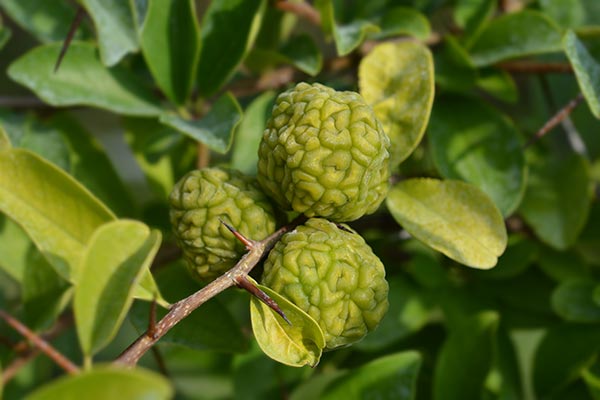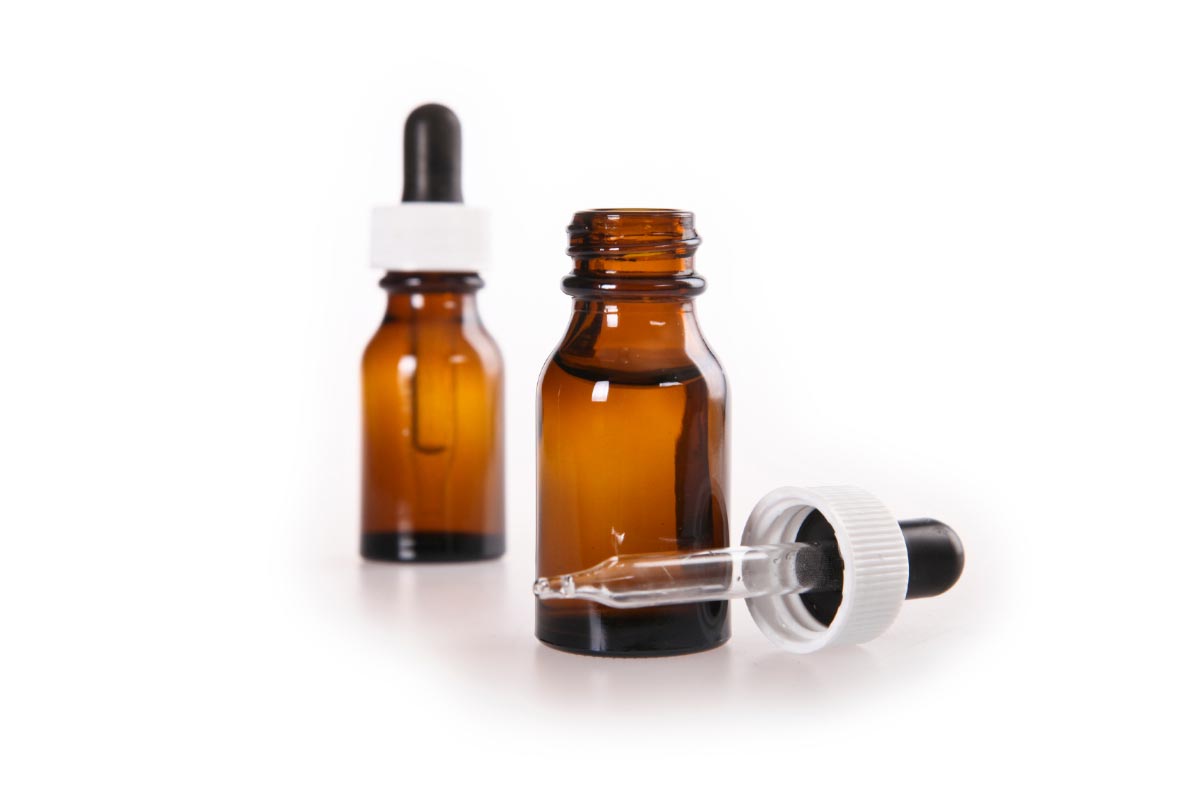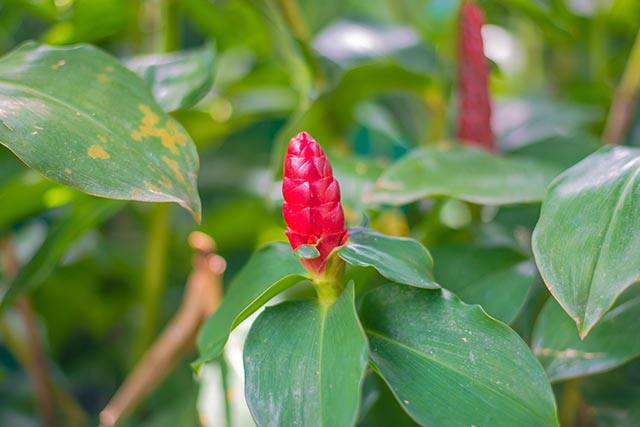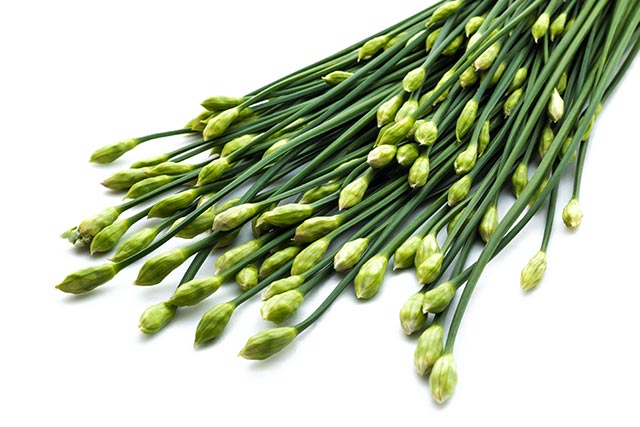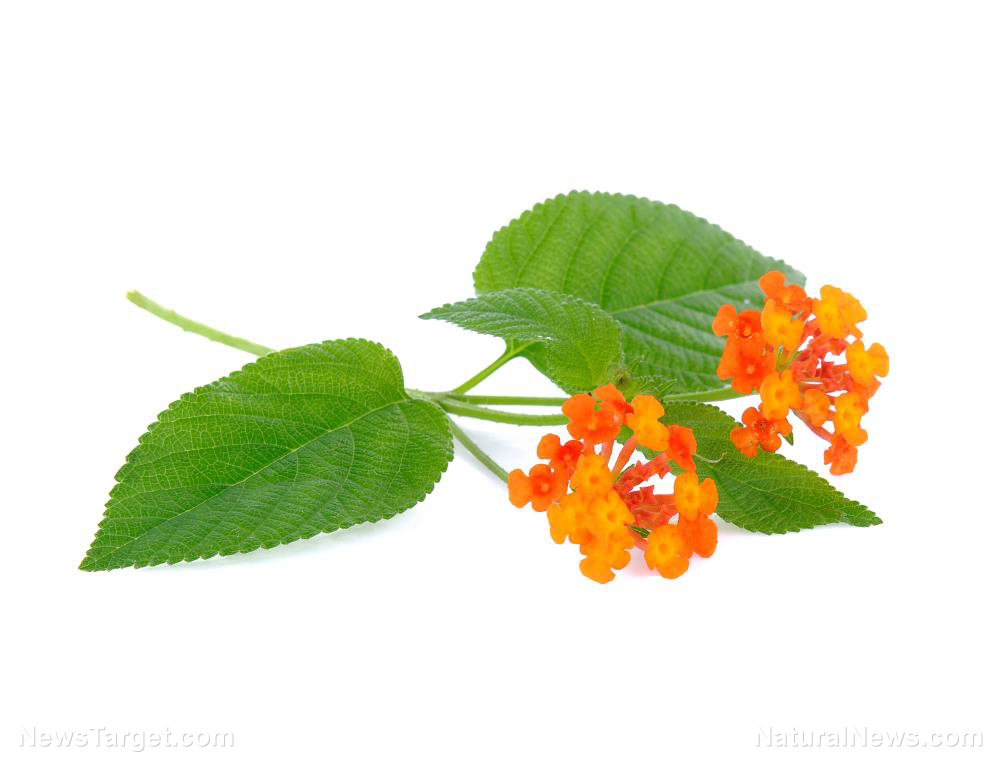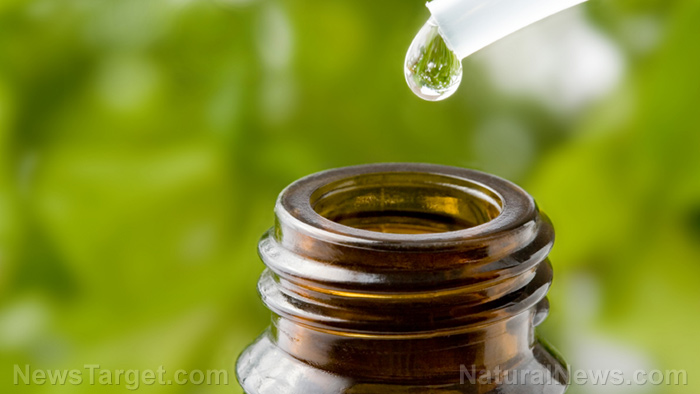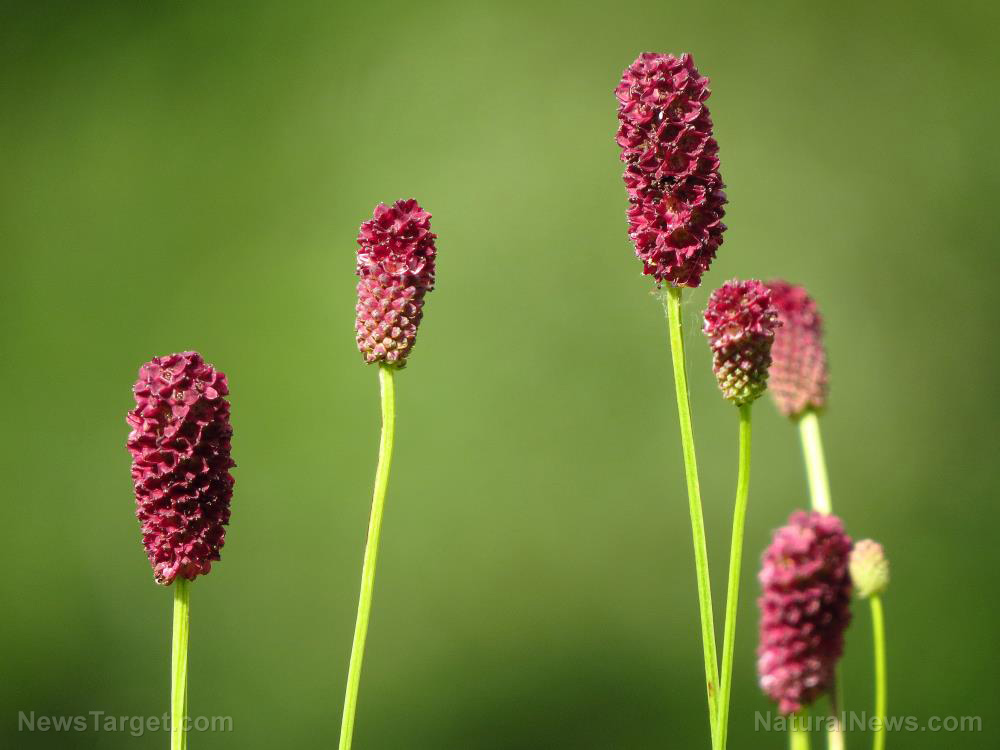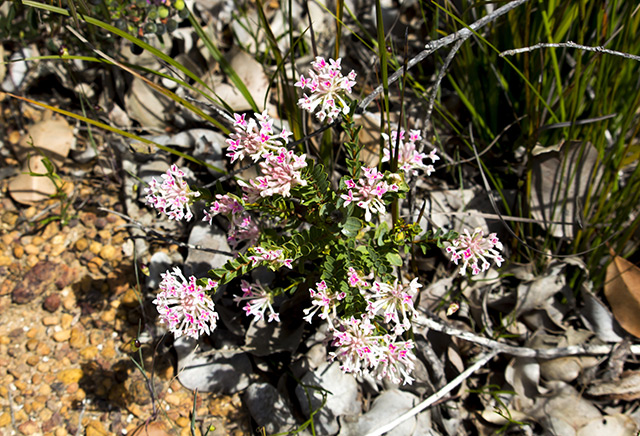Have you heard of the little known miracle vegetable maca?
01/27/2019 / By Rhonda Johansson
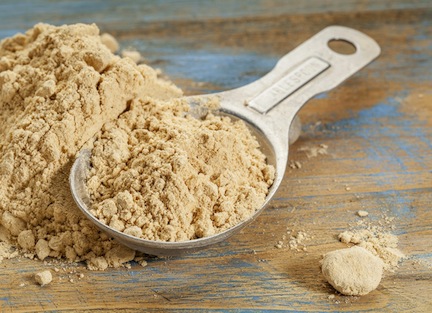
Quick show of hands: Who’s heard of maca? How many of you raised your hands? This Peruvian plant (sometimes called the “Peruvian ginseng”) is only really known among those who want to increase their libido, but studies are proving that this superfood helps beyond putting the mojo back into one’s sex life. Maca (Lepidium meyenni Walpers) belongs to the mustard family and is a low-growing, rosette-like plant with a large underground organ. It looks like a turnip.
Maca is a long-touted alternative fertility treatment. Incas used the plant to help with nutrition and aid couples with their sexual difficulties. It is commonly consumed as a powder or as a tablet. Maca is nutrient-dense, containing extreme levels of various amino acids, vitamins, and minerals that act on the central nervous system as a stimulant. It is also an adaptogen, which means it enhances overall health and strength. The plant’s nutrients have also been found to improve mood.
Shall we shag now or shag later?
Maca helps with hormone production, along with improving endocrine and thyroid function. Many wellness experts recommend the root to menopausal women. Researchers find the root modulates the common symptoms related to menopause such as hot flashes, night sweats, depression, and sleep disruptions. While the exact mechanics are still unknown, menopausal women who take this integrative medicine report an alleviation of their symptoms.
Menopause is sometimes associated with sexual dysfunction among women. There are pharmaceutical agents designed to increase sexual desire, but they are often chock-full of harmful toxins and chemicals, which can damage the liver and have side effects. Taking maca supplements can enhance sexuality without harming overall well-being.
Maca is filled with minerals like zinc, iodine, and essential fatty acids that balance sex hormones and improve mood. Like ginseng, the root doesn’t make one horny (think of an overexcited rabbit) but makes arousal easier to achieve because women are more inclined to their lover’s touch.
By balancing hormones, maca aids in fertility. So far, research on the maca root’s effect on fertility has only been proven in animal studies, but there is enough evidence to suggest that the plant can be used as a fertility enhancer among women. The root increases the production of the serum luteinizing hormone in the pituitary gland, which is associated with improved fertility.
Let’s also not forget that since maca makes women feel good, the frequency of sexual encounters increases as well.
But enough about sex
There have been studies that suggest maca impacts on bone density. The root helps women reduce their risk of osteoporosis (a common symptom of menopause). It can also be used by men who want to ensure their bone health and balance hormones.
The root is also suggested to help people recover from injuries more quickly. The nutrients in maca naturally support energy levels, and many athletes take a maca supplement to improve their performance.
Other benefits of maca include: better skin health, improved sleep patterns, increased mental clarity, and improved immunity.
Thinking about growing your own maca? The root grows best in very high altitudes, but can be grown in a home garden — as long as you are patient. It usually takes around eight months for the maca root to grow into a turnip-like tuber which must then be ground to powder. The seeds are quite small, but grow quite aggressively. Gardeners should always keep the soil moist because maca tends to exhaust the soil of its nutrients. As such, try two plantings in two-in-a-row years, then allow the soil to rest for four years. Maca is very frost-tolerant and thrives in soils that are acidic (a pH of 5 or less).
Sources include:
Tagged Under: fertility treatment, Herbs, libido, maca, sexual dysfunction
RECENT NEWS & ARTICLES
Herbs.News is a fact-based public education website published by Herbs News Features, LLC.
All content copyright © 2018 by Herbs News Features, LLC.
Contact Us with Tips or Corrections
All trademarks, registered trademarks and servicemarks mentioned on this site are the property of their respective owners.


